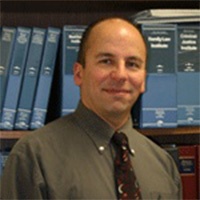Aitkin White Collar Crime Lawyer, Minnesota
Sponsored Law Firm
-
 x
x

Click For More Info:
-
The Law Offices of Richard L. Cooper, P.A.
848 Brickell Avenue Suite 800 Miami, FL 33131» view mapDWI/DUI, Drug Trafficking, Felony Nationally Ranked Top 40 Under 40
With Richard L. Cooper you can expect a trusted confidant who will work diligently to fully understand your case and determine a road map to help you regain control of your life.
800-756-2781
Not enough matches for Aitkin White Collar Crime lawyer.
Below are all Aitkin Criminal lawyers.
Allen J. Peterson
✓ VERIFIEDMinnesota Native Allen J. Peterson is a 2017 graduate of the University of St. Thomas – School of Law. Allen was born September 24, 1991 in Dakota C... (more)
Edward R Shaw
✓ VERIFIEDThe Law Office of Attorney Edward R. Shaw is located in Brainerd, Minnesota and has been serving the Brainerd Lakes Area and surrounding counties with... (more)
FREE CONSULTATION
CONTACTAndrew Charles Wipper
FREE CONSULTATION
CONTACT
 Richard L. Cooper Miami, FL
Richard L. Cooper Miami, FL AboutMiami Attorney at Law
AboutMiami Attorney at Law ServicesCriminal Defense
ServicesCriminal Defense


